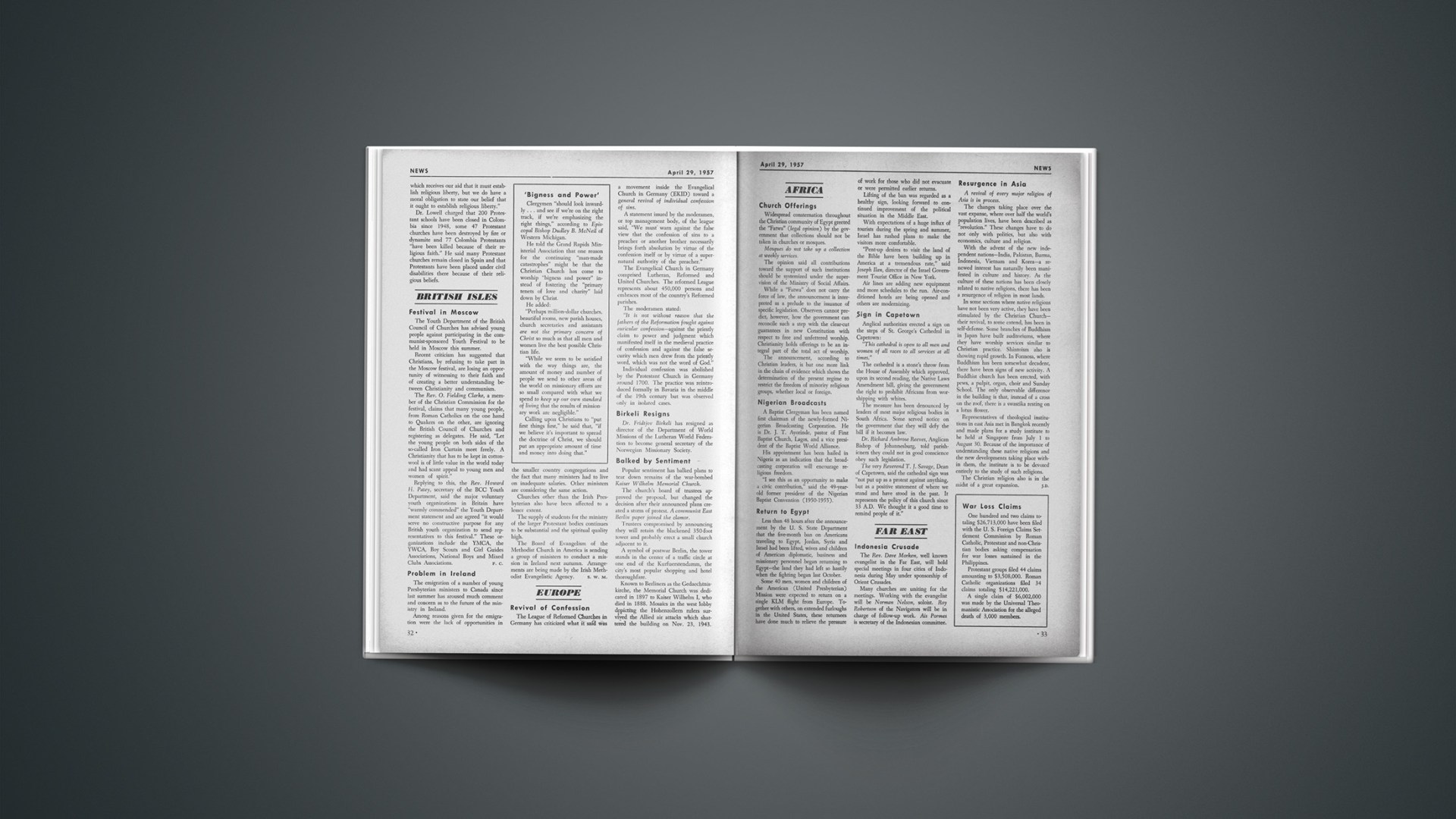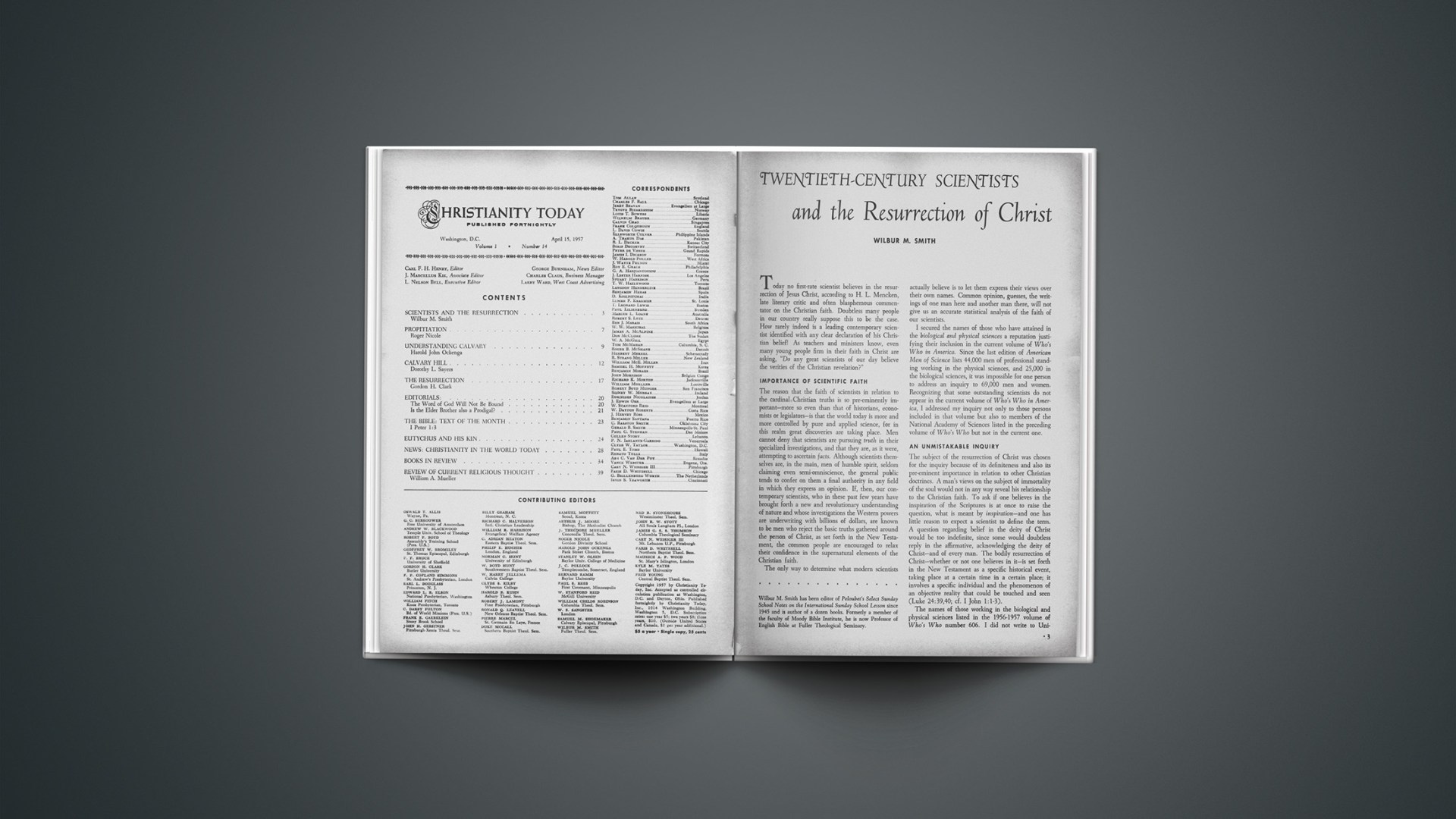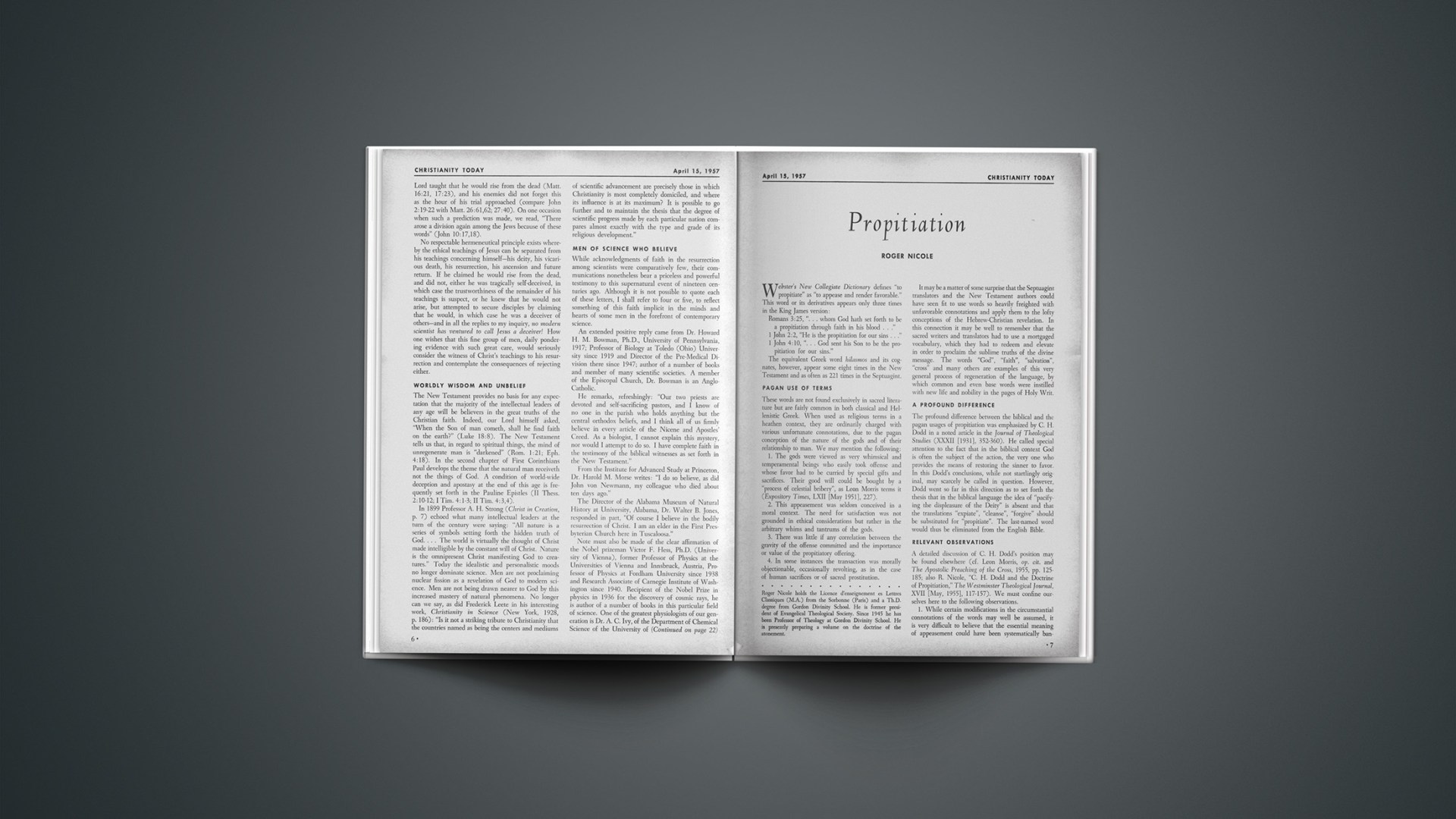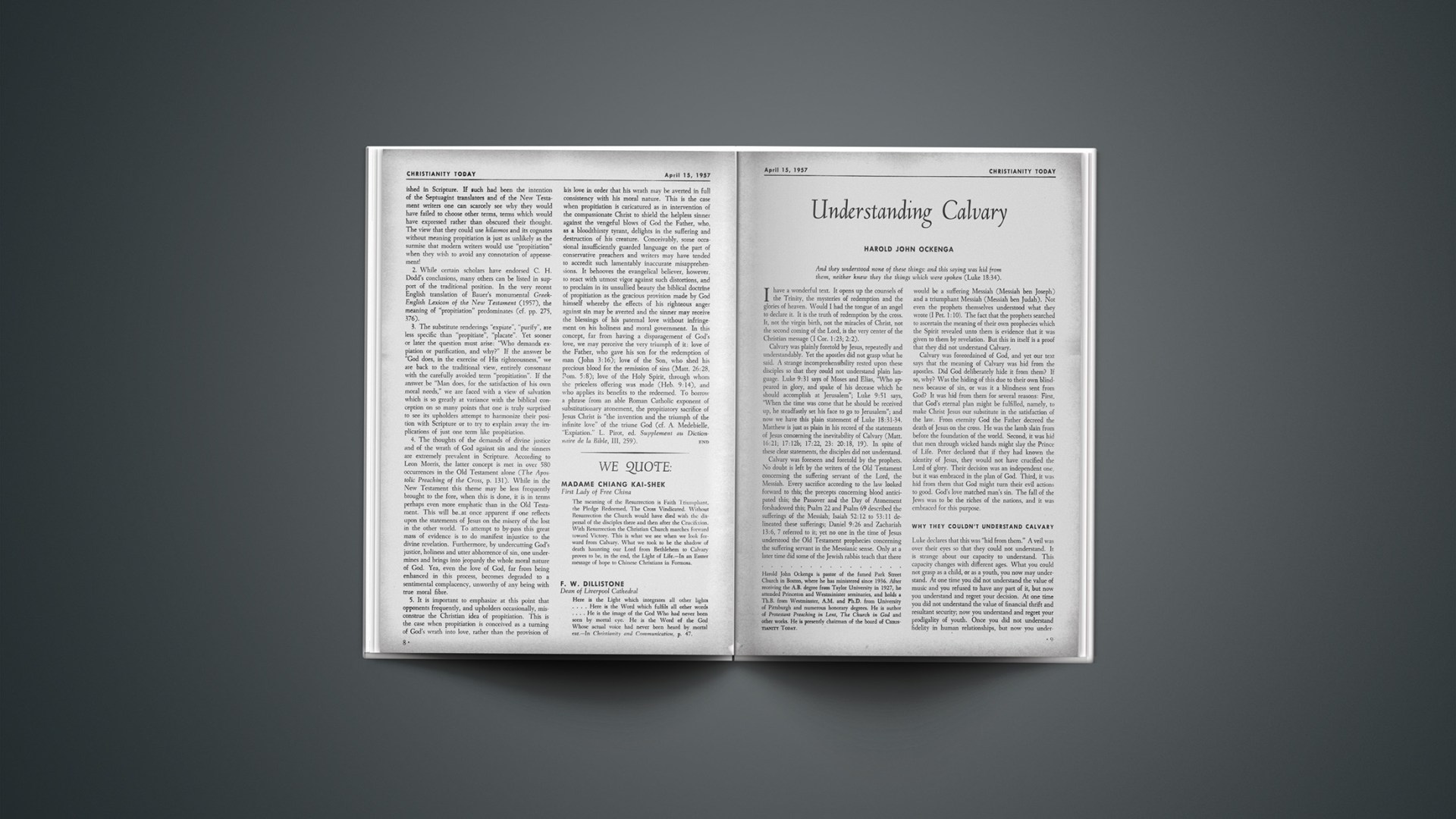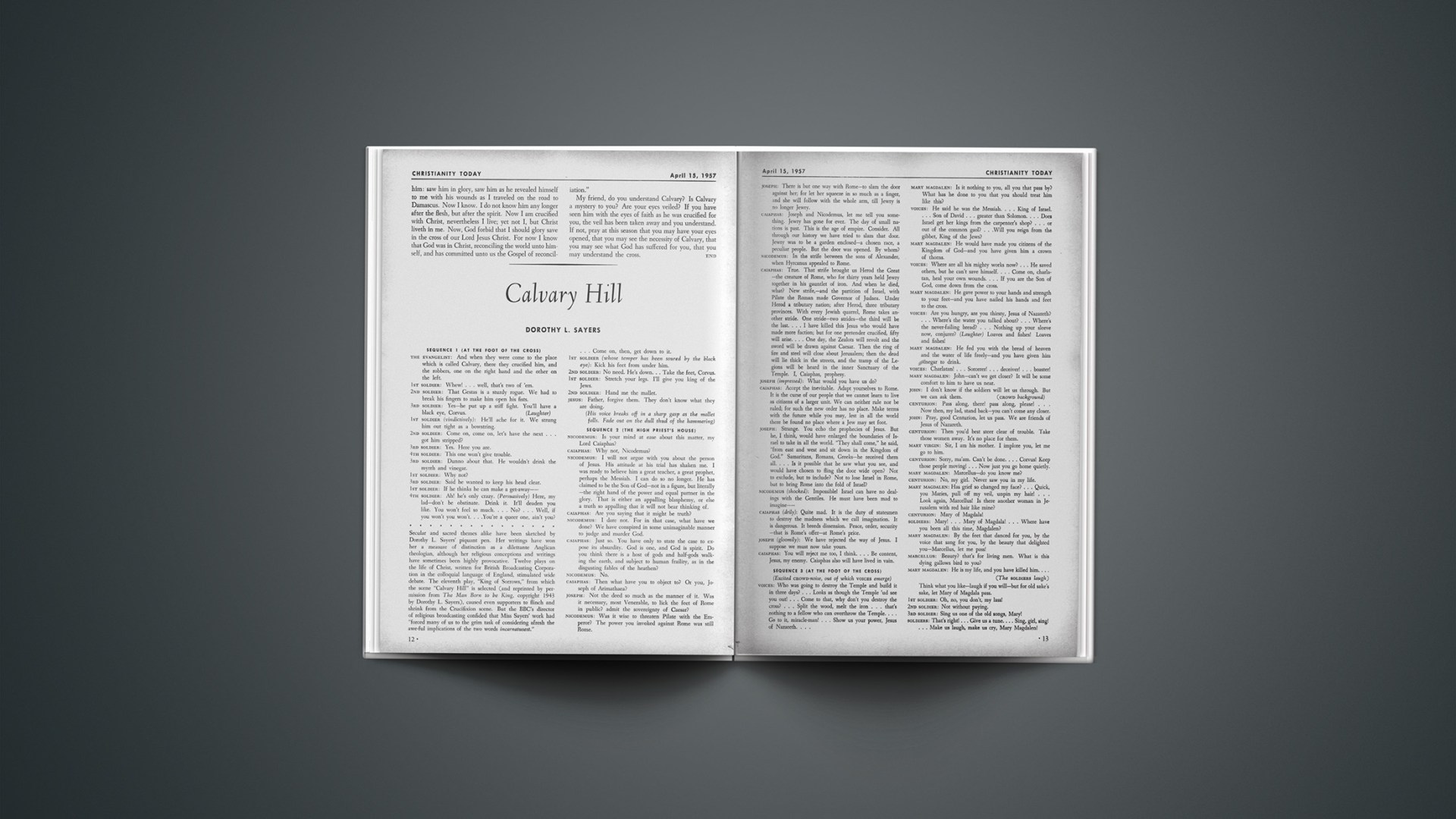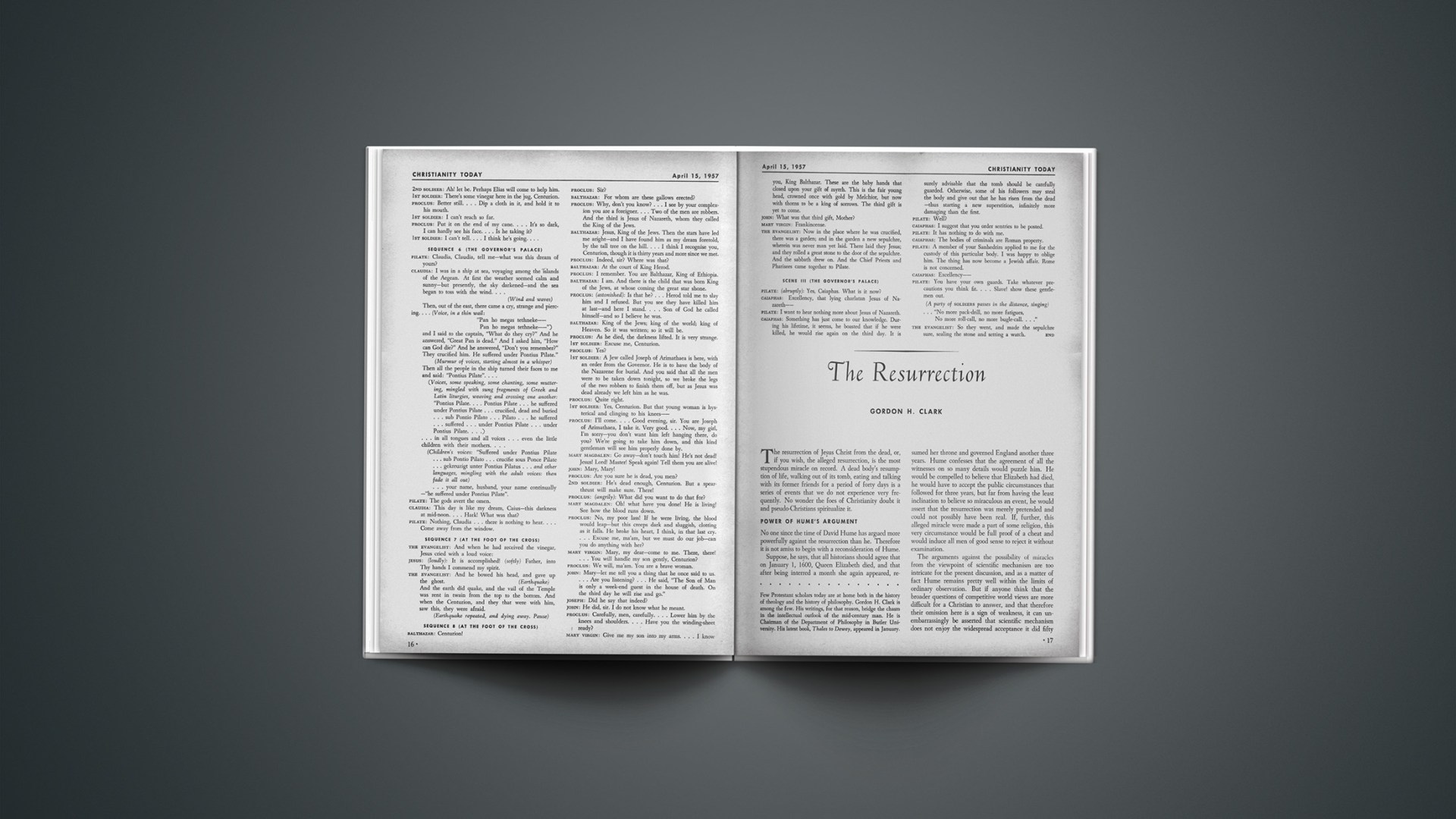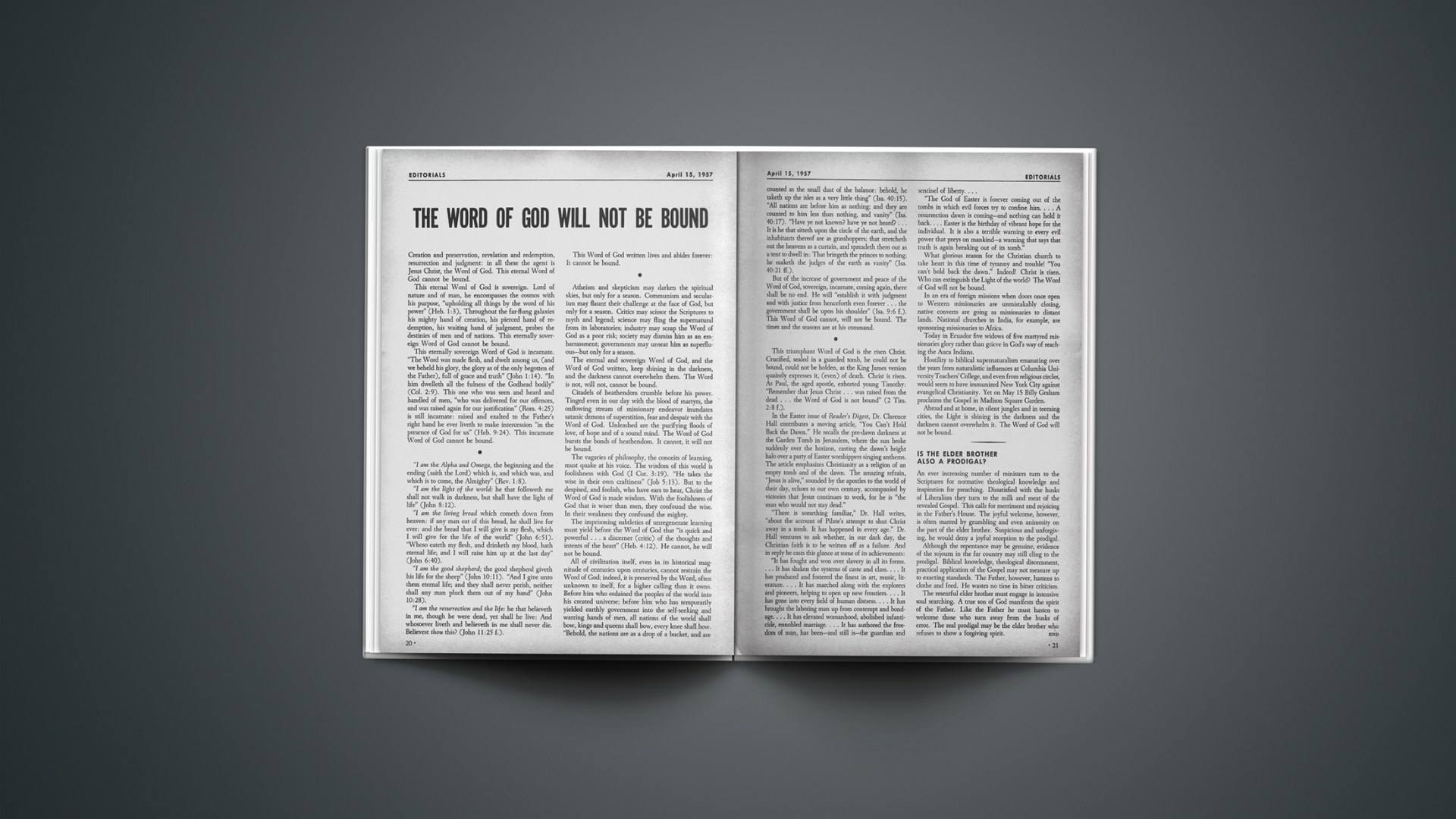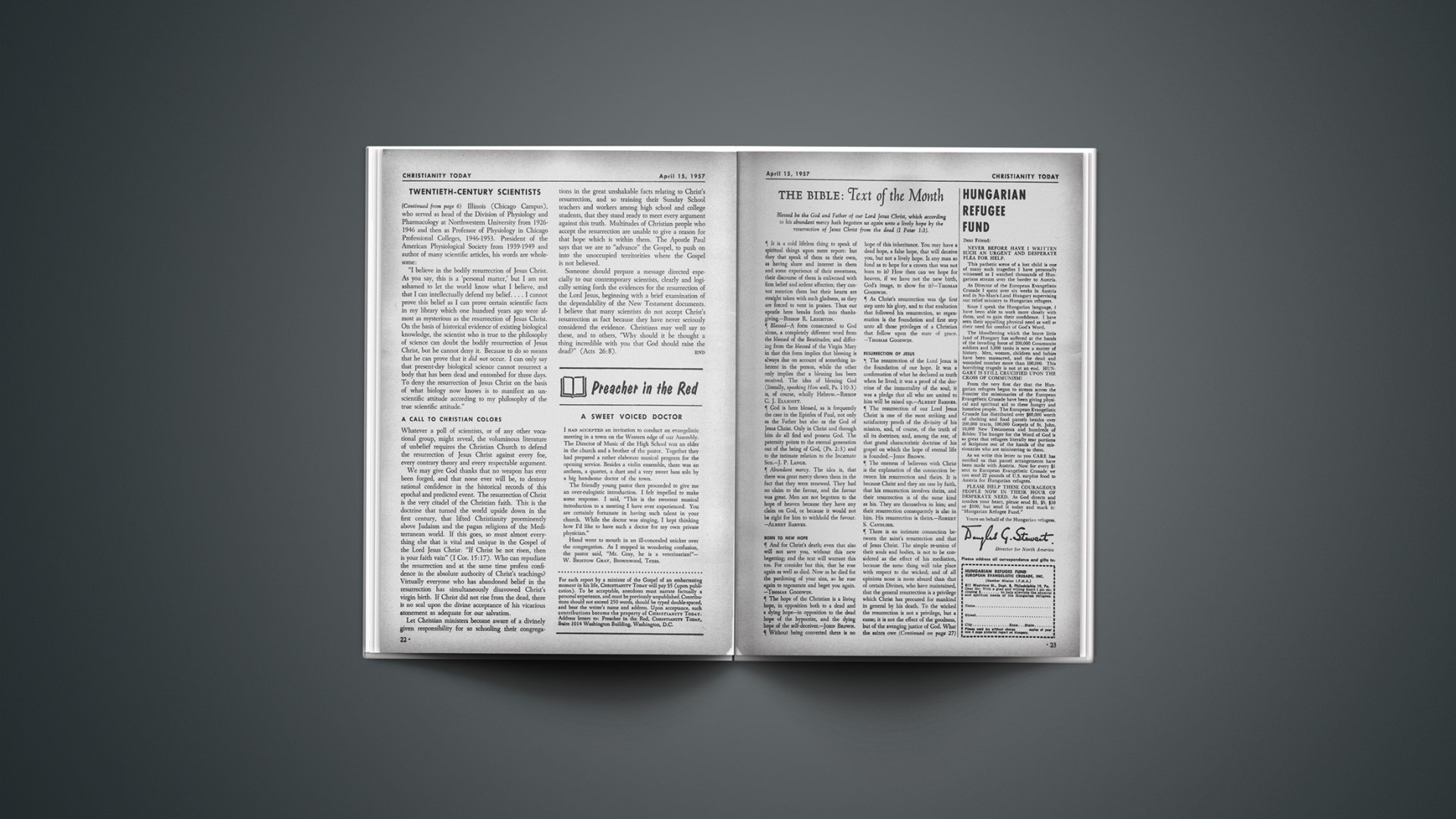Indonesia Crusade
The Rev. Dave Morken, well known evangelist in the Far East, will hold special meetings in four cities of Indonesia during May under sponsorship of Orient Crusades.
Many churches are uniting for the meetings. Working with the evangelist will be Norman Nelson, soloist. Roy Robertson of the Navigators will be in charge of follow-up work. Ais Pormes is secretary of the Indonesian committee.
Resurgence In Asia
A revival of every major religion of Asia is in process.
The changes taking place over the vast expanse, where over half the world’s population lives, have been described as “revolution.” These changes have to do not only with politics, but also with economics, culture and religion.
With the advent of the new independent nations—India, Pakistan, Burma, Indonesia, Vietnam and Korea—a renewed interest has naturally been manifested in culture and history. As the culture of these nations has been closely related to native religions, there has been a resurgence of religion in most lands.
In some sections where native religions have not been very active, they have been stimulated by the Christian Church—their revival, to some extend, has been in self-defense. Some branches of Buddhism in Japan have built auditoriums, where they have worship services similar to Christian practice. Shintoism also is showing rapid growth. In Formosa, where Buddhism has been somewhat decadent, there have been signs of new activity. A Buddhist church has been erected, with pews, a pulpit, organ, choir and Sunday School. The only observable difference in the building is that, instead of a cross on the roof, there is a swastika resting on a lotus flower.
Representatives of theological institutions in east Asia met in Bangkok recently and made plans for a study institute to be held at Singapore from July 1 to August 30. Because of the importance of understanding these native religions and the new developments taking place within them, the institute is to be devoted entirely to the study of such religions.
The Christian religion also is in the midst of a great expansion.
War Loss Claims
One hundred and two claims totaling $26,713,000 have been filed with the U. S. Foreign Claims Settlement Commission by Roman Catholic, Protestant and non-Christian bodies asking compensation for war losses sustained in the Philippines.
Protestant groups filed 44 claims amounting to $3,508,000. Roman Catholic organizations filed 34 claims totaling $14,221,000.
A single claim of $6,002,000 was made by the Universal Theomanistic Association for the alleged death of 3,000 members.

